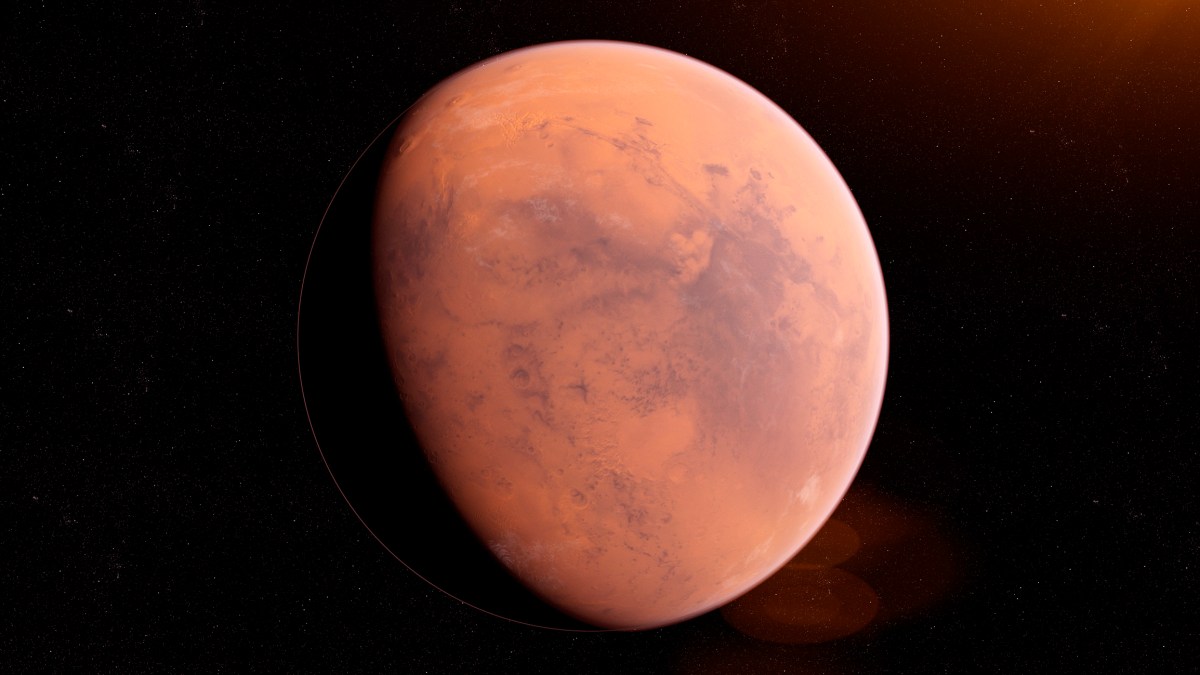In the realm of Mars exploration, national space agencies have traditionally taken the lead. However, NASA is now looking to shake things up by engaging private companies. Recently, the agency has allocated a dozen research tasks to private entities as a step towards commercial partnerships for future missions to the Red Planet.
This marks NASA’s second move within a month to seek commercial assistance for Mars missions. The original plan for the Mars Sample Return mission has been set aside in favor of a potentially private sector-driven alternative.
Nine companies have been chosen to conduct twelve “concept studies” on delivering Mars-related services, covering areas from payload transportation to planetary imaging and communication support. Although the awards are relatively modest, ranging between $200,000 and $300,000, they are crucial in helping NASA gauge the costs, risks, and feasibility of leveraging commercial technology.
The selected companies include familiar names like Lockheed Martin, Impulse Space, Firefly Aerospace, United Launch Alliance, Blue Origin, Astrobotic, Albedo, Redwire Space, and SpaceX. These companies will explore avenues in small and large payload delivery, Mars surface-imaging services, and next-gen relay systems.
Most of the proposed projects build upon existing initiatives focused on Earth and the moon. The twelve-week studies are set to finish in August, with no guaranteed continuation in the form of requests for proposals or contracts. However, it is probable that future contracts will stem from these initial studies.
The companies were identified through a request for proposals from NASA’s Jet Propulsion Laboratory earlier this year. The overarching goal is to usher in a new era of Mars exploration, characterized by more frequent and cost-effective missions through collaboration between government entities and the private sector.
This strategy mirrors NASA’s Commercial Lunar Payload Services program, which grants substantial contracts to private companies for lunar payload transportation. Similarly, these recent awards underscore NASA’s growing comfort in engaging with smaller, early-stage startups pioneering untested technologies.


